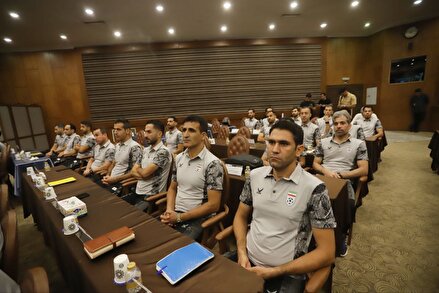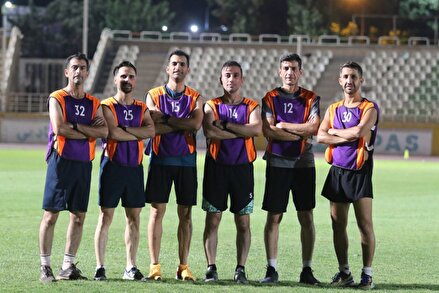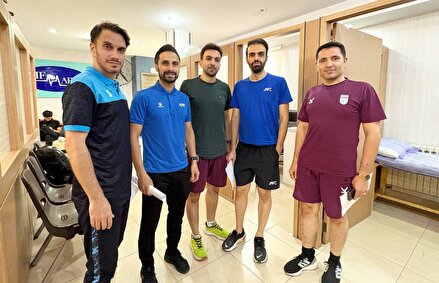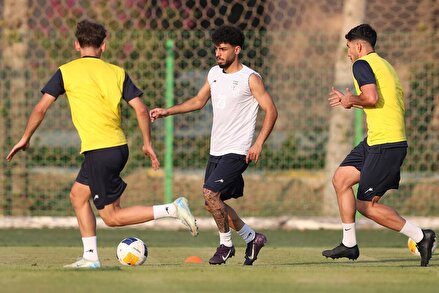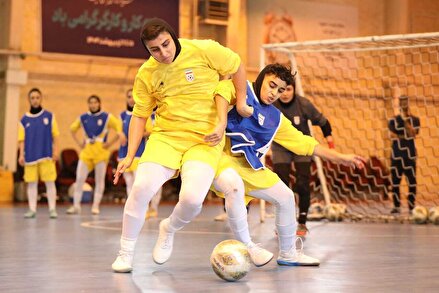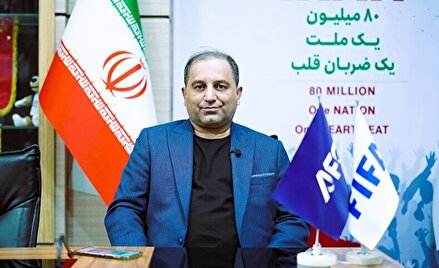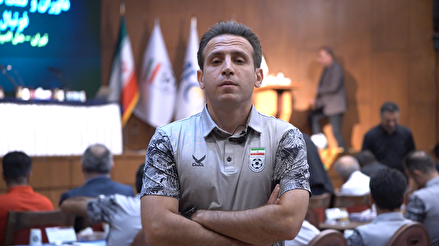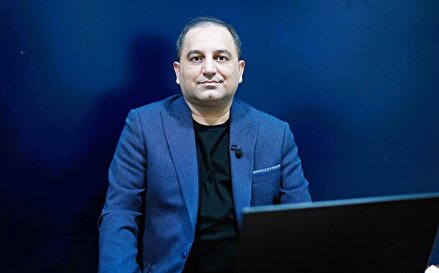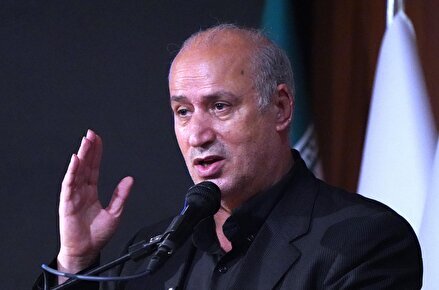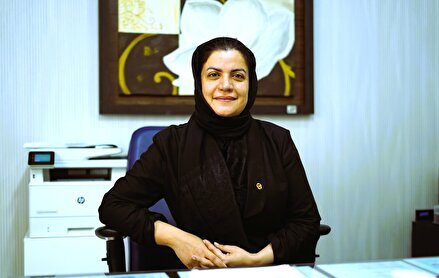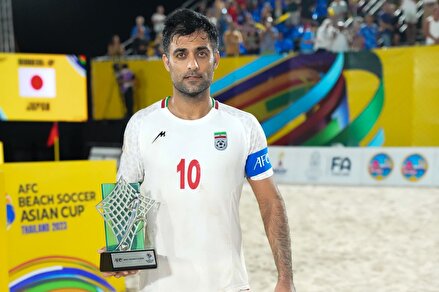
Taj: Football Is a Product of Collective Effort Every Piece of the Puzzle Matters
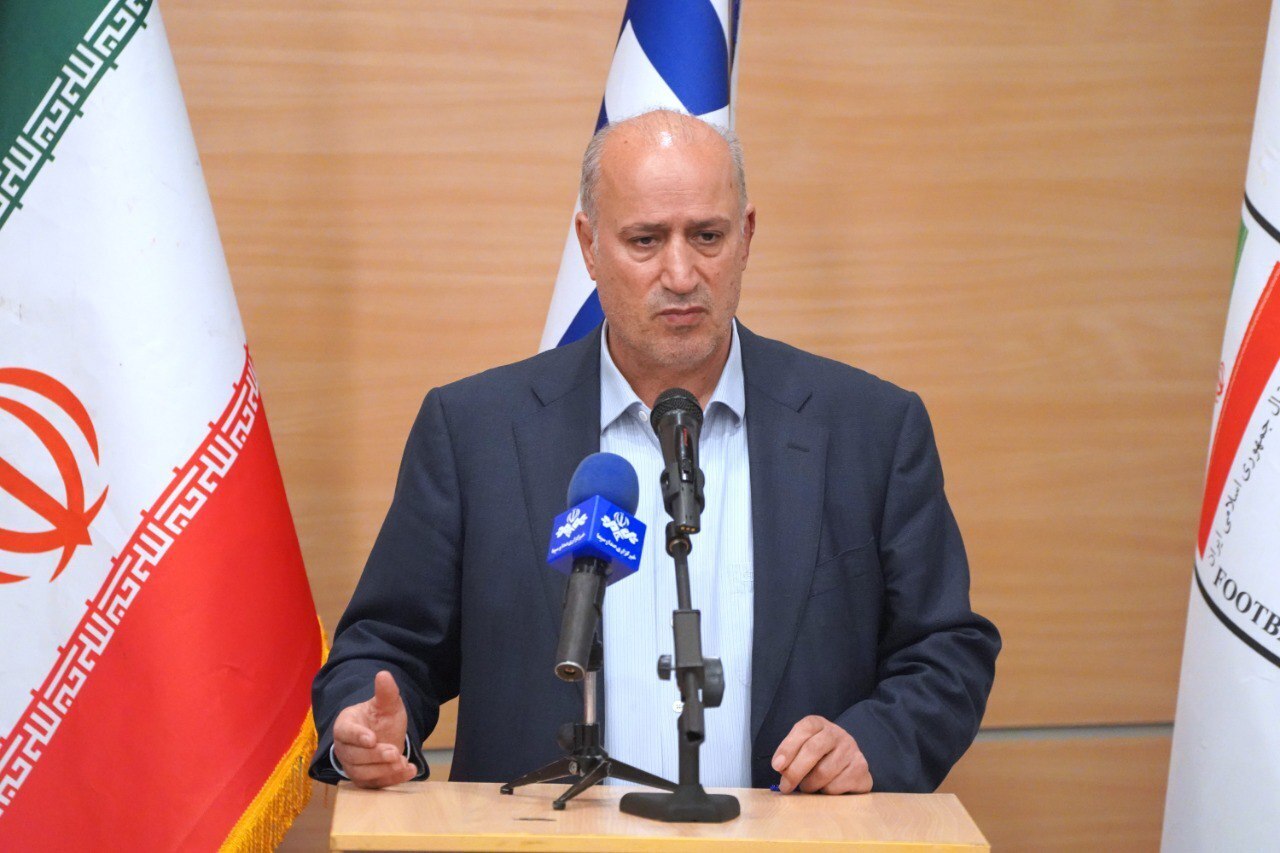
Mehdi Taj, President of FFIRI, addressed the National Commemoration of World Football Day, paying tribute to past and present contributors to Iranian football and underlining the importance of unity and diligence across all sectors of the sport.
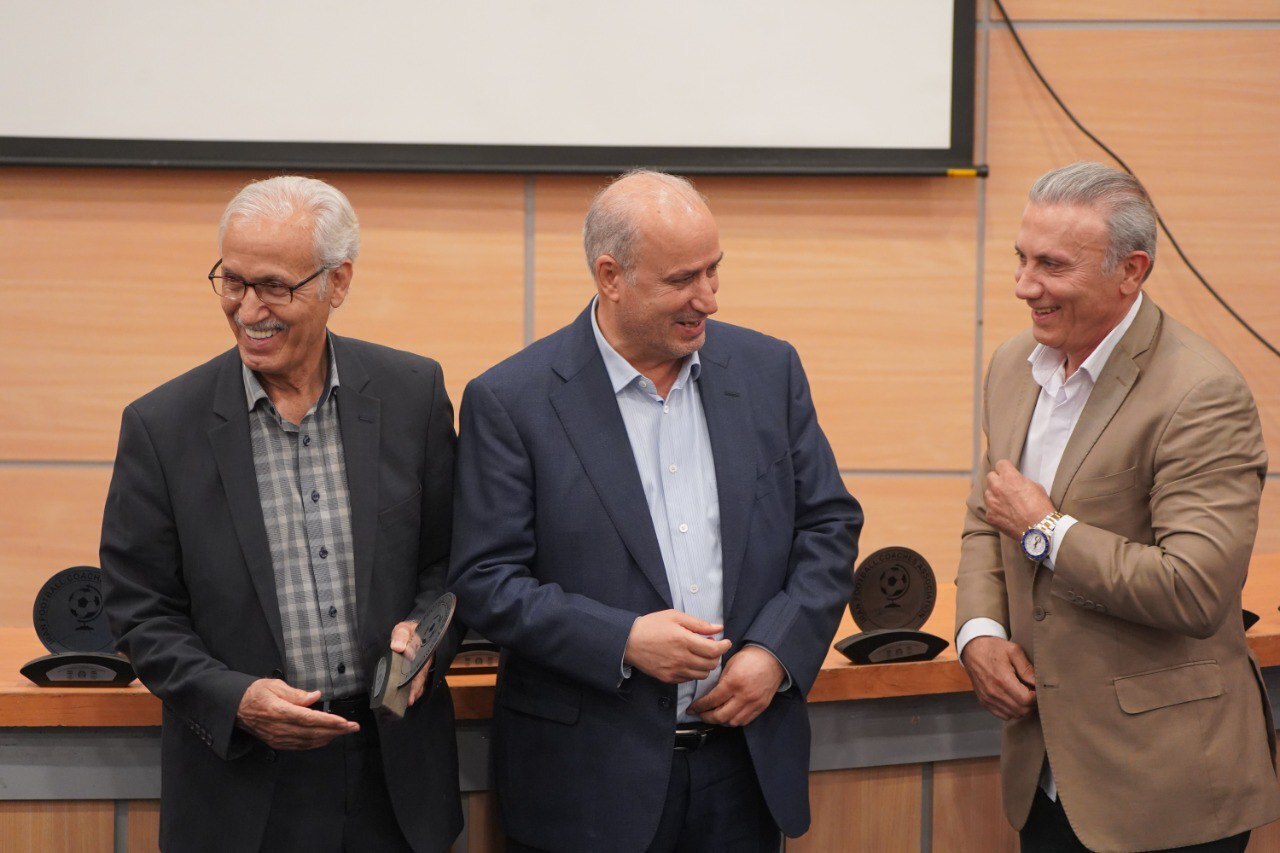
“Many great coaches have shaped our football history,” Taj said. “If our national teams perform well and our leagues are competitive today, it’s thanks to those who worked tirelessly and led with vision some of whom are no longer with us.”
He specifically honored the legacy of the late Nasser Hejazi, one of Iran’s most iconic football figures.
“I had the honor of working with many coaches. In 1989, I was the CEO of Sepahan, and in 1993, I brought Hejazi to Zob Ahan under very tough circumstances. We had only three points in the first half of the season and were facing relegation. I told him that if we gained just two more points, we’d sign him for the next season. He got us 11 points, and we stayed up.”
Taj recalled Hejazi as a cultured and principled individual, stating:
“He stood firm in his beliefs a quality worthy of both admiration and appreciation.”
Speaking on the nature of football’s structure, Taj stressed:
“Football is the outcome of a collective system involving the media, players, sponsors, agents, and critically coaches and match organizers. Another key part includes governing bodies such as the federation and the league organization. If one part fails, the whole system suffers. Every piece of the puzzle must function optimally for football to flourish.”
Regarding the planned Iran vs. North Korea match in Mashhad, which was later relocated, Taj clarified:
“The request to host the match in Mashhad came from our head coach, Amir Ghalenoei. He wanted the final home match to be held near the sacred shrine of Imam Reza (AS), allowing players to benefit from the spiritual atmosphere. This was a heartfelt and noble initiative supported by all involved—local officials, the provincial governor, the Astan Quds Razavi, and the Office of the Imam Jumu'ah of Mashhad.”
Despite the broad support, two primary challenges arose:
“First, the stadium preparations encountered delays despite significant efforts. Second, the North Korean delegation raised concerns over the logistics. Their itinerary included travel from Jeddah to Turkey, then to Tehran, and finally to Mashhad. They felt this travel burden was excessive and requested the match be held in the capital to minimize fatigue.”
In recognition of his extensive organizational contributions, the Iranian Football Coaches Association presented Mehdi Taj with an award during the ceremony.
“Football is meant to bring joy,” Taj concluded. “Let us always remember that football is for everyone and we must uphold this principle in everything we do.”
